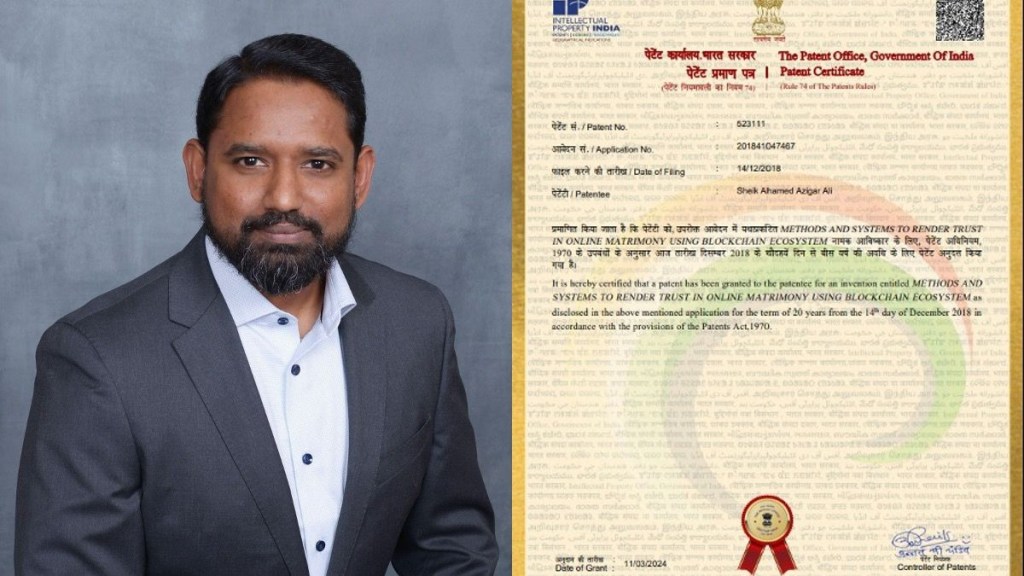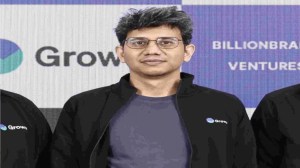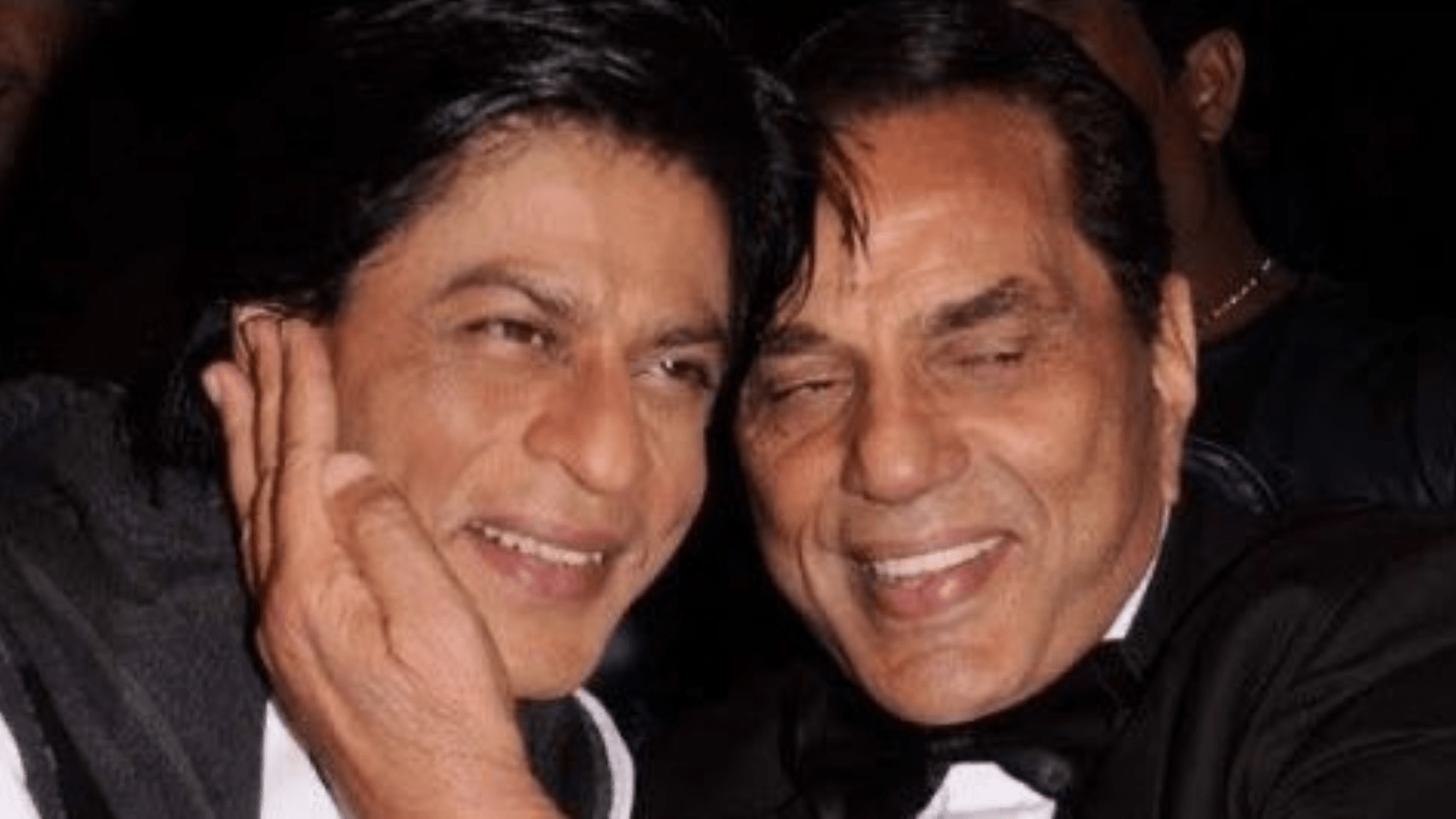Sheik Ahamed Azigar Ali is a tech entrepreneur from Puducherry, whose journey saw him transcend from working at TCS to owning blockchain patents. His innovative solutions have already found a foothold in the used car market and are now reshaping industries globally.
In today’s world, where data security is paramount, one innovation is making significant waves across industries globally and in India: Sheik Ahamed Ali’s blockchain-based credentials verification system. This groundbreaking technology offers a tamper-proof solution to one of the most pressing issues in data management—the vulnerability of traditional credential systems. From defence to automotive, industries that rely on data integrity are adopting this system to safeguard their operations against fraud and unauthorised access.
The innovation has already found a major foothold in India’s rapidly growing used car market. A leading multinational company has licensed Sheik’s blockchain solution to tackle a long-standing issue—vehicle history transparency. The technology has redefined the way used car histories are verified, enabling secure, tamper-proof access to vehicle records. “The automotive market in India, like many developing countries, has struggled with transparency. Our system allows buyers to access verifiable records that cannot be altered, restoring trust in the transaction process,” Sheik explains. “It’s a tool that brings honesty and integrity back into the equation.”
This blockchain-based credentials verification system, however, wasn’t born overnight. Its journey began in 2018, when Sheik recognised a critical flaw in centralised credential verification systems: the reliance on a single point of validation made them highly vulnerable to cyberattacks. “Centralised systems have been the backbone of credential verification for years, but their reliance on a single entity creates a major weakness,” Sheik points out. “I saw blockchain’s decentralised structure as the ideal way to address this issue. By distributing trust across multiple nodes, we can ensure that data integrity is maintained and immune to tampering.”
In late 2018, Sheik filed a provisional patent for his blockchain solution, and by 2019, he filed the complete patent, then early this year, the patent was granted. This was a defining moment in his career, not only marking the culmination of years of work but also placing him at the forefront of blockchain innovation. The technology quickly caught the attention of industries looking for more secure, reliable ways to handle data, especially in sectors where credential verification is critical.
One of the early success stories came from India’s used car market. “In markets like India, transparency in vehicle history has always been a challenge. Our system completely eliminates the possibility of tampering with records, giving both buyers and sellers confidence in the authenticity of the data,” Sheik notes. The technology has since become an industry standard in vehicle verification, significantly reducing fraud and transforming how business is conducted.
But Sheik’s blockchain solution is not limited to automotive applications. Sectors like aerospace, defence, and journalism are also exploring how this technology can revolutionise the way sensitive data is handled. “In the defence sector, the stakes are incredibly high. We’re talking about protecting classified information where a single security breach could have catastrophic consequences,” Sheik explains. “Our system reduces the time it takes to verify credentials from hours or days to mere seconds, while providing a level of security that traditional systems simply can’t match.”
Despite these technical achievements, Sheik remains deeply connected to his roots. Born in a small coastal town near Puducherry, he grew up in a modest hut made of coconut leaves and red soil. His family of six faced frequent hardships, especially during the monsoon season when rainwater would leak through their roof, and snakes often made their way into the cracks of their humble home. Yet, amid these challenges, Sheik’s father always emphasised the importance of education as a means to escape poverty.
“My father would always say, ‘No matter what we go through, I will make sure you get an education,’” Sheik recalls. “That belief in the power of learning is what drove me forward.” His determination saw him become the first in his family to complete higher secondary education, after which he pursued a degree in Electrical and Electronics Engineering from Pondicherry University.
“Those years were difficult, financially,” Sheik admits. “But I knew that education was my way out. I took out loans, earned scholarships, and even tutored fellow students to pay my way through university. The hardships only fuelled my determination.”
His professional journey began at Tata Consultancy Services (TCS) in India, where he authored a white paper on billing consolidation in the telecom sector. This early work laid the foundation for his problem-solving approach to technology. After moving to the United States in 2006, Sheik took on significant roles at companies like Qwest Communications and Macy’s Systems and Technology, where he led the development of scalable, high-performance systems. His experience in these roles eventually sparked his exploration of blockchain technology, which would later culminate in the development of his patented credentials verification system.
“Blockchain was primarily being discussed in the context of cryptocurrency at the time, but I saw its potential far beyond that. The decentralised nature of blockchain could solve real-world issues in data security,” Sheik explains. “It wasn’t just about solving problems; it was about making a lasting impact on industries that need secure, reliable systems to function.”
Today, Sheik’s system is being evaluated for use in various high-stakes environments, where credential verification is critical to maintaining operational security. The defence sector, in particular, has shown keen interest in adopting the technology. “Imagine the implications in a defence environment, where only the right people should have access to classified data. Our system ensures that credential verification is instantaneous and immune to tampering,” Sheik notes.
Sheik’s success, however, hasn’t altered his perspective on what matters most. “Innovation is not just about technology; it’s about using technology to solve real problems,” he says. “I’ve been fortunate enough to develop something that can make a difference, and that’s what drives me.”
Looking to the future, Sheik continues to explore how blockchain can address new challenges. With growing interest from sectors like finance, aerospace, and even journalism, his patented system is poised to expand its influence even further. “I think we’ve only just scratched the surface of what blockchain can do,” Sheik reflects. “Its potential to change the way we think about security, transparency, and data integrity is limitless.”
As Sheik Ahamed Ali’s journey shows, the true power of innovation lies in its ability to transcend boundaries and create meaningful change. From the shores of a small town in Puducherry to the global stage of technological innovation, Sheik’s story is one of perseverance, vision, and a relentless commitment to solving the challenges of tomorrow.









